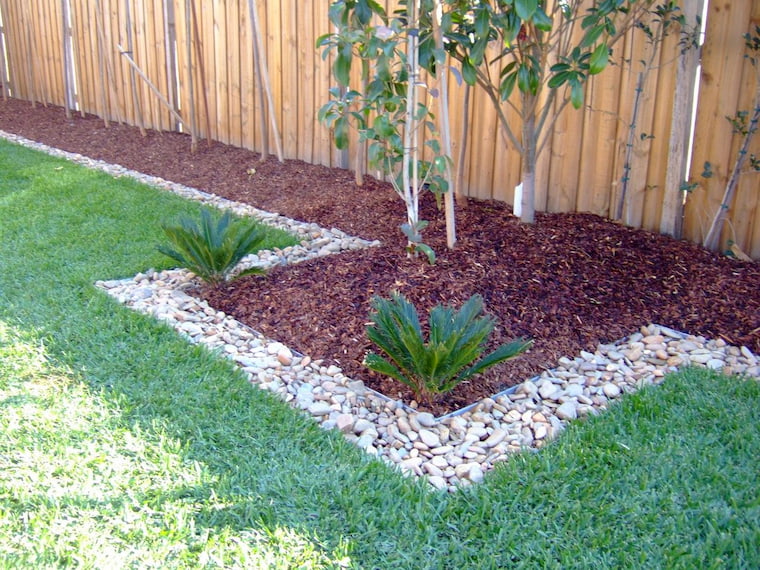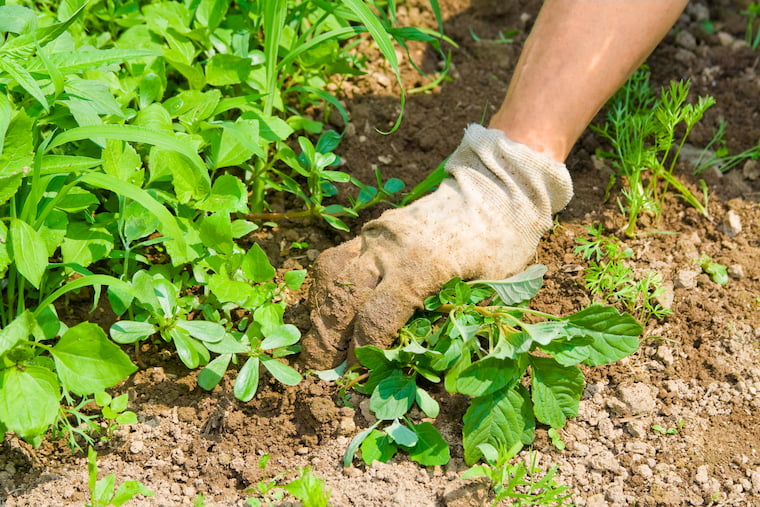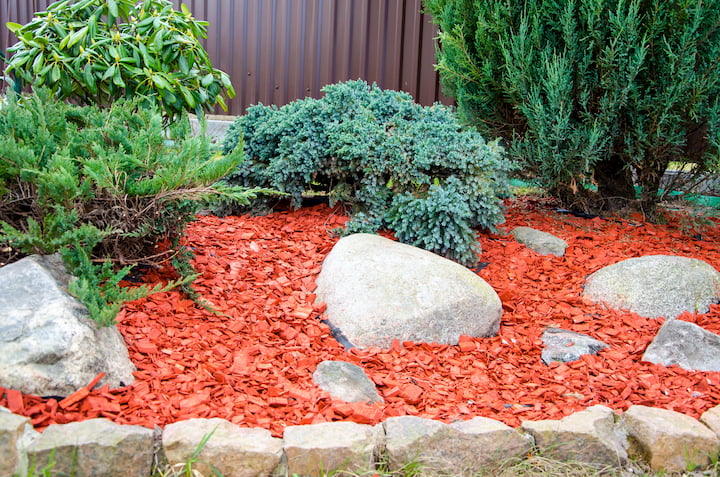House & Garden
Give Your Garden the Benefit of Mulching: Choose Wood Chips
It may seem like the easiest hobby, but gardening does require some effort. After all, you want to see the garden flourish, so it’s necessary to invest your labour in it. Other than having and knowing how to use the right set of tools, it’s also important to learn more about the plants you plan to plant (watering and fertilizing), including how to protect them.
Not to be confused with compost which is a fertilizer, mulch is the perfect solution for protection since it functions as a cover on top of the soil and that’s why it’s known as covering. Although there are both synthetic and organic types of mulch, organic like wood chips is much better due to how beneficial it is over time.
Still, to make sure you don’t participate in deforestation or buy mulch that’s been treated with any chemicals, it’s better to acquire them from reputable suppliers, such as those who offer tree surgery services. And to avoid getting more or less than you need, be sure to measure up your garden beds well taking both their length and width into account. Now let’s go through some of the benefits.

Source: pinterest.com.au
1. Prevention of Soil Erosion
As mentioned, it’s a covering that will act as a shield to the soil, thus preventing erosion even when there are conditions like wind and rain as the mulch would create a firm surface. Depending on the area, however, in case there are strong winds, it’s best to avoid straw, grass and leaf clippings and stick to woodchip instead as it’s less likely to shift.
2. Retention of Soil Moisture
Plants require consistency when it comes to the level of moisture that’s necessary for their health, and when they’re at their optimal health, they’re able to protect themselves from diseases and pests. Unlike indoor plants, outdoor plants can undergo considerable water evaporation in the hot days of the year. With wood chip mulch, the soil is able to retain much of the water, up to 75-80%. This is especially handy for areas with scarce rainfall.
3. Weed Control
Gardening and weed problems sometimes go hand in hand, and unless you want to resort to using chemicals to curb the issues, it’s best to turn to the help of wood chips instead. The way they affect the weed growth is they deprive them of necessary sunlight, so you won’t have to deal with the unsightly problem in your beautiful garden.
A word of caution though is not to apply the mulch too soon with plants you’ve just planted, otherwise they would be deprived of the much needed sunlight for growth. However, don’t refrain from mulching as soon as they are well established in order to protect them. Already established plants would also benefit from the cover, as long as you add a layer of two to three inches, and leave off some room of about an inch to prevent plants from rotting – when the chips are pressed right against the plants, the moisture that’s preserved can lead to this side effect.

Source: gardeningvibe.com
4. Temperature Control
The low temperatures during winter can be quite the shock for some plants, and mulch is the right way to help them survive the harsh weather considering it acts as a layer of insulation. It won’t only protect them from the frost but would also serve as a barrier against the increased amount of moisture in times of snow.
5. Maintenance of Soil Nutrients
Over time, mulch starts to break down with the assistance of the soil’s microbes and worms, and that’s how it offers organic matter, necessary for healthy growth of your plants. Even though wood chips break down slower than the other types, like straw, grass and leaf clippings, it means you won’t have to reapply them as often as you would with the rest, and you’d still be able to count on the necessary level of nutrients.
This isn’t the case with inorganic mulch which is why it’s not that good of an option when you want to reap the nutritional benefit too. Besides helping out with the soil’s health, the woodchips foster life as they make way for more earthworms (Don’t Be Worried About Earthworm Castings on Your Lawn) in your garden, for example, which are essential for aerating and improving the soil’s structure.

Source: calblendsoils.com
6. Addition of Curb Appeal
If you want to improve your garden’s aesthetics, and your home’s for that matter, woodchips can prove to be essential here too. Particularly in the autumn and winter months when some flowers begin to die out. It’s needless to say this comes as a great trick up your sleeve in landscaping, as it would offer your outdoors some more texture – all this without breaking your bank!
Are there any cons?
There are people who aren’t fans of organic mulch out of fear it causes a disbalance in the ratio of carbon and nitrogen by increasing the carbon, it acidifies the soils, and it leads to issues with termites. Take these cons with a grain of salt because for one, the C:N ratio can be handled with composted manure rich in nitrogen, like those from sheep, pigs and poultry. As for the acidity, without the addition of any chemicals, it isn’t that easy to alter the soil’s pH solely with mulch.
As long as you buy untreated woodchip you’re in no danger of acidity changes. In case you want to buy dyed, be sure to check it’s naturally dyed and free of chemicals. Lastly, there are various woody mulches that aren’t attractive to termites, and might even act as repellents, like with cypress and cedar mulch. Choose quality and mulch away!
As a proud Pisces known for the selflessness, Olivia joined up the blog fascinated by the idea she can help readers with info on topics and their related benefits like health and beauty, travel, food and drinks. When not writing, she likes to call it a day reading comic books in the company of her Tonkinese cat Chatty or binge-watching The Big Bang Theory with her SO like the nerd she is.


























